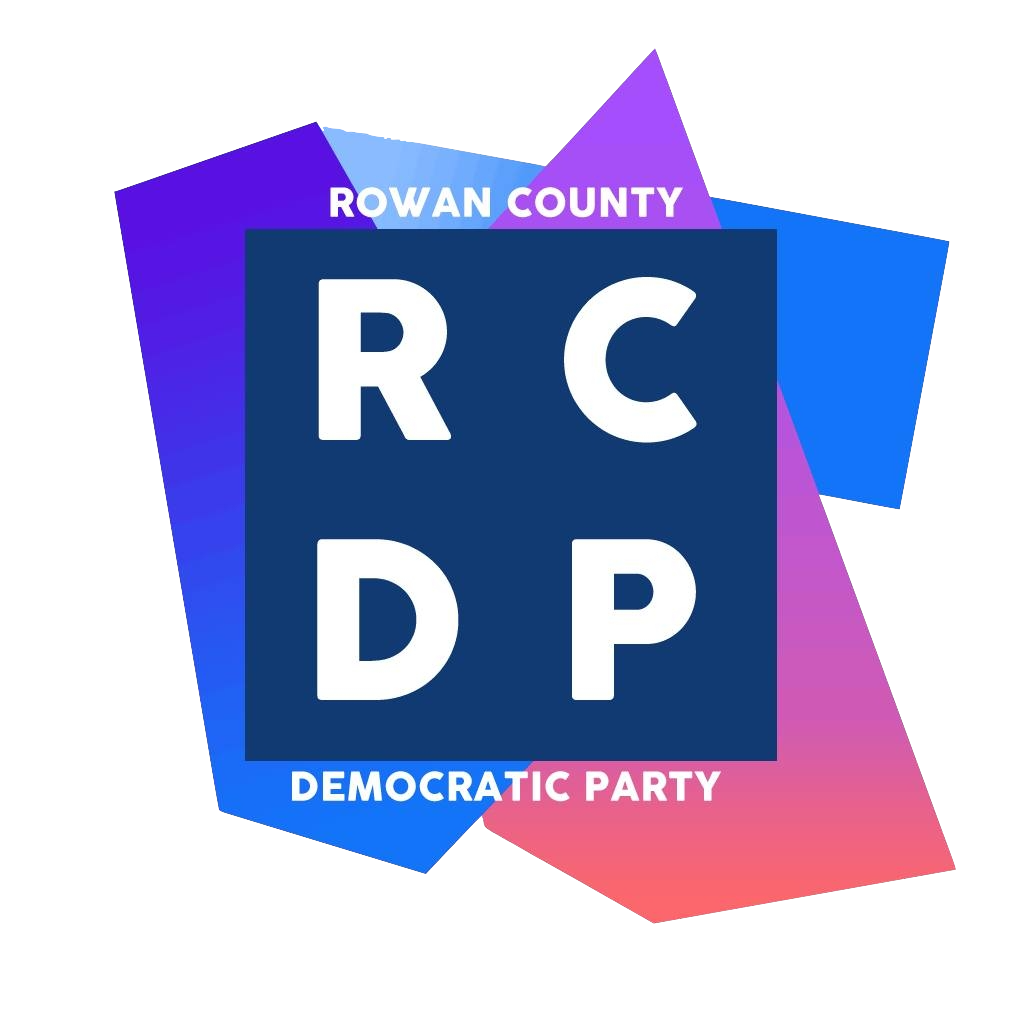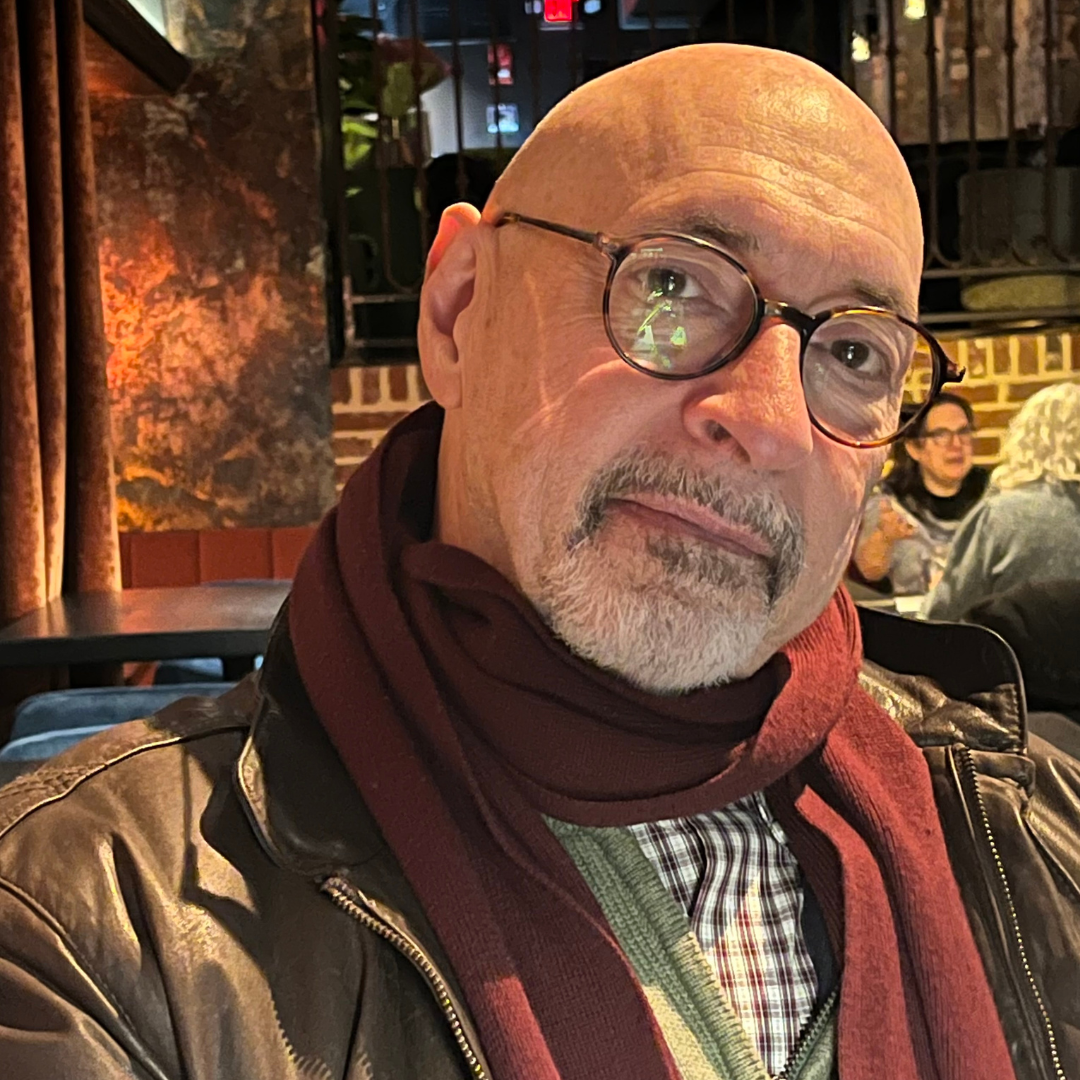“What matters is what you do in your life. Do you support diversity, recognizing the strength of our differences? Do you support equity affirming its roots in justice? Do you support inclusion, reflecting our shared humanity? Everyone will know where you stand by what you do.“
Around the middle of January, people who would roll back the gains of Dr. Martin Luther King Jr.’s movement do so by couching their agendas behind carefully edited snippets of his words. They prefer “interpreting” his dream to examining the race-based realities he decried and endured. Whitney Peckman takes a different tack. In “Response to Dr. King and DEI,” Salisbury Post 1/18/2024, she suggests we read “Why America May Go to Hell,” the speech that Dr. King was to deliver in Memphis on April 5, but for his assassination the day before. https://baioafrikstan5.ning.com/forum/dr-king-s-last-speech-america-too-is-going-to-hell
I hope Dan Larson, of the conservative think-tank John Locke Society, will read it. He may rethink his errant claim that Dr. King would never support “using the power of major institutions, including government to undo the evils of the past.” (“DEI twists MLK’s dream of equality, unity and forgiveness,” Salisbury Post 1/18/2024) https://www.salisburypost.com/2024/01/18/dei-twists-mlks-dream-of-equality-unity-and-forgiveness/
Dr. King lived nearly five years after sharing his dream on the steps of the Lincoln Memorial in August 1963. During those five years, Dr. King pressed us to question our nation’s priorities. As the movement grew and segregation began to be dismantled, he widened the focus of his efforts. He spoke out against expending people’s lives and billions of dollars on the Vietnam War, urging instead to invest them in ending poverty and establishing equality here at home. He critiqued the inherent injustice of capitalism. In reading “Why America May Go To Hell,” the message of encouragement Dr. King intended to bring to the striking trash collectors of Memphis, his refocused vision is clear and direct. He supported workers’ rights to take collective action to bring about equality in service of justice. He pointed out the emptiness of equality without the promise of opportunity.
Dr. King’s words are not in need of interpretation. No need to hide agendas behind them, claiming what he “really meant.” We can study them and learn for ourselves.
What matters is what you do in your life. Do you support diversity, recognizing the strength of our differences? Do you support equity affirming its roots in justice? Do you support inclusion, reflecting our shared humanity? Everyone will know where you stand by what you do.
Jeffrey Sharp

